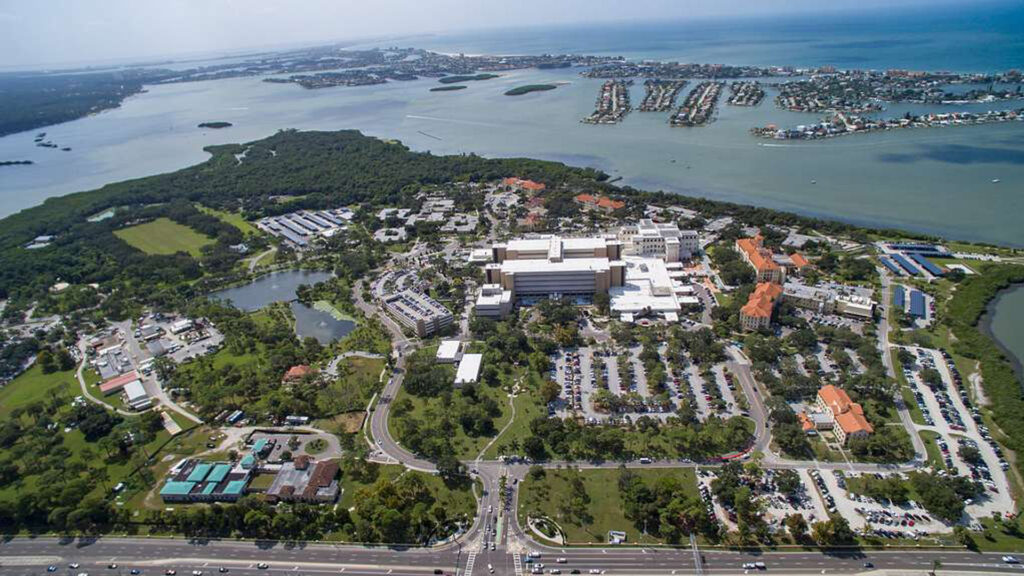A roundup of news items related to climate change and other environmental issues in Florida:
VA medical centers vulnerable to extreme weather as climate warms | Inside Climate News/The War Horse

On July 19, 2022, a soupy, relentless heat smothered Muskogee, Oklahoma. By 4 in the afternoon, the temperature spiked to 106 degrees.
While hot, humid days aren’t unheard of in this part of the country, researchers say extreme heat is only going to grow more commonplace. The heat index—what the temperature feels like to the human body—hit 100 degrees in Muskogee an average of 29 days per year between 1971 and 2000. By the end of this century, that could climb to 200 days a year, according to research from the Union of Concerned Scientists.
Muskogee isn’t alone; other areas of Oklahoma along with Texas, Arizona, Louisiana and Florida could experience the same regularity of sweltering heat, the research shows.
Senate passes bill easing replacement of old coastal buildings | Florida Politics
Legislation that would make it easier for developers to demolish and replace old, coastal and sometimes historic buildings is near passage.
Senators voted 36-2 for the bill (SB 1526), which would preempt local historic boards from blocking property owners from razing buildings that no longer conform to flood zone standards.
Miami Springs Republican Sen. Bryan Ávila, the bill’s sponsor, said the changes contemplated are “very narrowly tailored to areas that desperately” need them. He pointed to the deadly June 2021 collapse of the Champlain Towers South condo in Surfside as evidence of that need.
Florida knew prison well could be contaminated but let women keep drinking | Tampa Bay Times
OCALA — It’s no secret that the groundwater around the Florida State Fire College has been highly contaminated for years.
State health officials began warning nearby homeowners in 2019 that well water could damage their health after testing revealed groundwater around the college contained harmful human-made chemicals at levels more than 170 times higher than the state considers safe.
It’s no mystery where the pollution came from either. For years, firefighters at the college trained with foam extinguishers laced with chemicals that leached into groundwater. The chemicals, which have been phased out of industrial use in the United States, are classified as carcinogens and have been linked to other health issues, including cancer, thyroid issues, weakened immune systems and irregular menstruation.
If you have any news items of note that you think we should include in our next roundup, please email The Invading Sea Editor Nathan Crabbe at ncrabbe@fau.edu. Sign up for The Invading Sea newsletter by visiting here.



